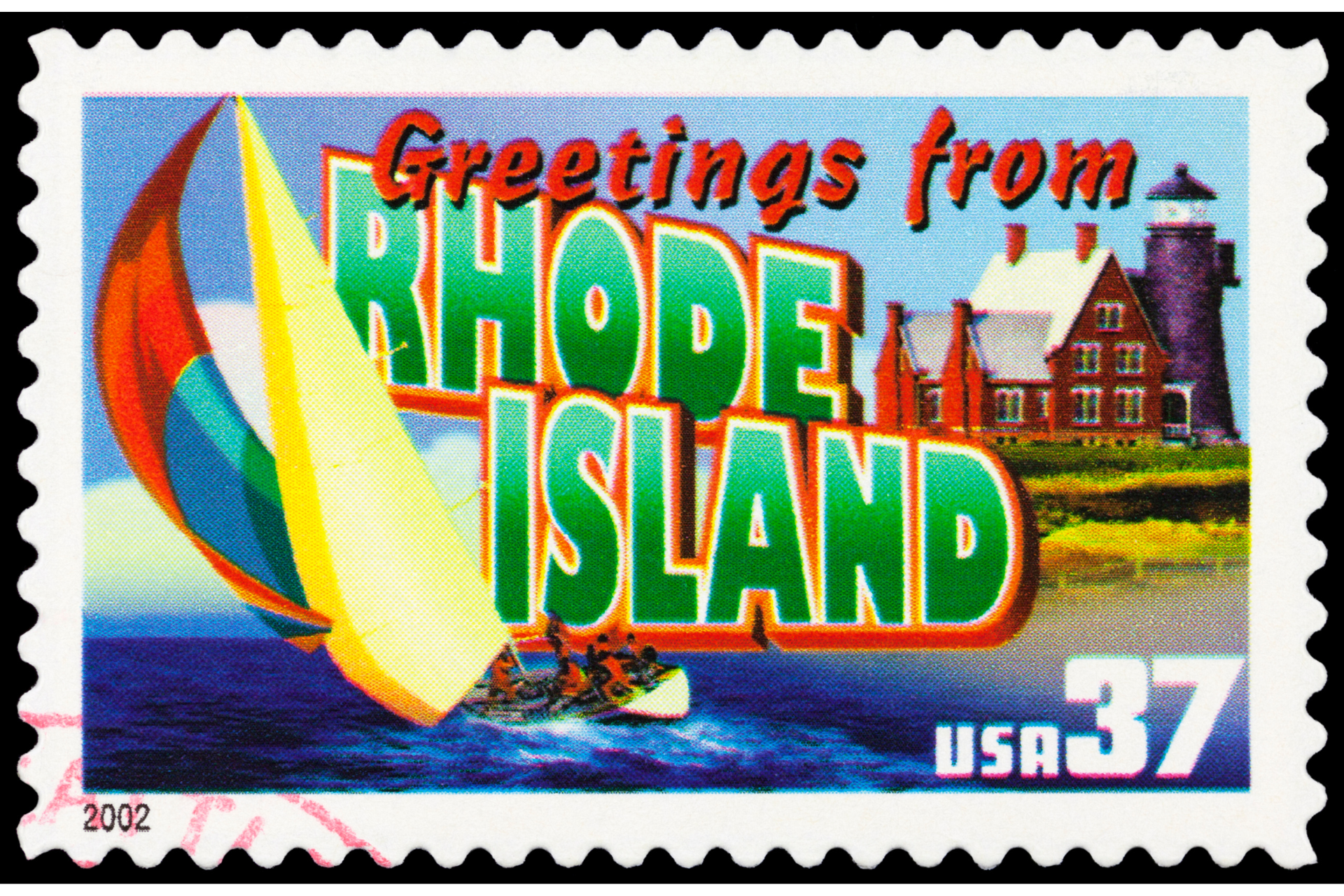In April, 2021, a group of prominent Constitutional law scholars sent a letter to Congress, saying, “There are two, and only two, real self-determination options for Puerto Rico: statehood and independence… Quite simply, Congress does not have the power to create a permanent union between Puerto Rico and the United States except by admitting Puerto Rico into statehood.”
The letter supports this claim with references to U.S. Supreme Court decisions. All three branches of the U.S. government have clearly stated, multiple times, that statehood and independence (with or without a compact of free association) are the only permanent status options available under the U.S. Constitution.
The clarity provided by some of the nation’s top Constitutional law experts still does not stop calls among some Puerto Ricans for some other permanent relationship between Puerto Rico and the United States.
Innovative and flexible?
In 2007, Jose R. Coleman Tió wrote in the Yale Law Journal, “Because Puerto Ricans support a relationship that both assures a strong union with the United States and also maintains local power over local affairs, commentators and legislators are wrong to reject flexible arrangements and to insist only on independence or statehood. By insisting on those two arrangements, commentators disparage Puerto Ricans’ own democratic decisions and perhaps even imply that Puerto Ricans are ignorant of their own best interests.”
Though this was written before many of the Supreme Court decisions and statements from the Department of Justice which have recently clarified the limited options for Puerto Rico, it is typical of the claims which have been around for decades.
First, there is the idea of “flexible arrangements.” Coleman Tio elsewhere refers to “innovative institutional arrangements.” He then argues from an emotional standpoint that the statements that “new and more flexible” arrangements are unconstitutional somehow “disparage” Puerto Rican decisions and “imply that Puerto Ricans are ignorant of their own best interests.”
In fact, since this paper was published in 2007, Puerto Rico had voted three times for statehood. These are Puerto Rico’s “democratic decisions.”
But we continue to hear that the factual statements of what is possible under the constitution are disrespectful to Puerto Rico. We continue to see the presentation of Puerto Rico as a territory so special and emotionally complex that it cannot be served by the same political status options as the 50 states or the nearly 200 independent nations in the world.
Puerto Rico Status Act
The Puerto Rico Status Act continues this pattern. It calls for one more referendum on Puerto Rico’s political status and includes not only statehood and independence as options but also “sovereignty with free association.” While some argue that this could potentially be some entirely new (and more flexible) status, at its core, “sovereignty with free association” is essentially independence.
Unconstitutional and unfeasible options have been included previous plebiscites. “None of the Above” was even included in one. These votes took place and Congress largely discredited them, even as some members expressed frustration that they could not take action.
But the referendum called for by the Puerto Rico Status Act would be different. This one is purported to be binding. Congress would, if the bill were approved, be committed to take action. Therefore none of the options can be contrary to the U.S. Constitution.
The Puerto Rico Status Act is a compromise bill, designed to satisfy members of Congress on all sides of the status question. Including an impossible status is not a realistic compromise. Voters need to understand that statehood is the only option for permanent union with the United States. A Free Association arrangement between an independent Puerto Rico and the U.S. could be terminable by either side at any time — as the Puerto Rico Status Act acknowledges.


